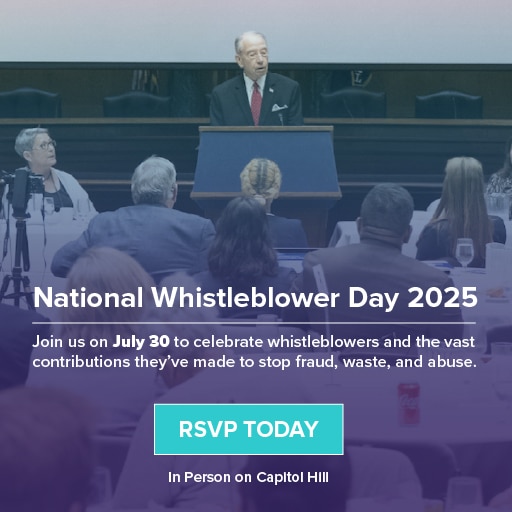In a long-overdue decision issued on October 9, 2014, the Department of Labor Administrative Review Board (ARB) finally clarified the standard of proof for employees to establish the “contributing factor” test in whistleblower retaliation cases arising under the Sarbanes-Oxley Act (SOX) and other whistleblower statutes. In a 2-to-1 panel decision in Fordham v. Fannie Mae, ARB No. 12-061, the ARB reversed and vacated an Administrative Law Judge’s recommended decision that had improperly weighed Fannie Mae’s defenses in determining whether the employee had demonstrated her whistleblowing was a contributing factor in her termination.
The majority opinion noted that Congress had created the “contributing factor” test to lower the standard of proof needed in whistleblower cases, and that once a “contributing factor” is shown the burden of proof shifts to the employer to prove by “clear and convincing” evidence that it would have taken the same action in the absence of the employee’s whistleblowing.
For example, if an employee satisfied the “contributing factor” test by circumstantial evidence, such as timing and knowledge, the burden should shift to the employer to prove any non-retaliatory reasons for the termination (such as misconduct or other alleged reasons) by “clear and convincing” evidence. That’s what the statute requires.
However, prior to this ruling in the Fordham case, Department of Labor decisions were conflicting and confusing on the issue and had in some cases permitted the employer’s defenses to be considered in weighing whether the “contributing factor” test was satisfied by the employee. But as the Fordham decision makes clear, permitting the employer’s evidence to be weighed under the “contributing factor” test by a “preponderance” of evidence negates clear and overwhelming Congressional intent that the employer’s defenses be weighed by a higher standard of proof, i.e., “clear and convincing” evidence.
“This decision closes a dangerous loophole that was taken advantage of by artful employers,” said Stephen M. Kohn, author of The Whistleblower’s Handbook.
Kohn noted that prior decisions had “caused confusion” on how to apply the “contributing factor” test and had departed from precedents under other statutes containing the “contributing factor” test. “The Fordham decision provides much needed clarity and uniformity by interpreting the ‘contributing factor’ test consistently with Whistleblower Protection Act where that test was initially adopted by Congress,” he added.
It only makes sense that an employer should not escape having to prove its defense by “clear and convincing” evidence and allowing it to defeat the employee’s evidence under the lower “contributing factor” standard. The Fordham decision puts an end to the ARB’s dubious practice of permitting employer’s to escape the higher burdens of proof mandated by Congress when it enacted the “contributing factor” test.
The ARB should be commended for issuing a decision that promotes clarity and uniformity in whistleblower cases that arise under the “contributing factor” test. Such uniformity is helpful to both employees and employers alike and promotes the change in work place culture in how whistleblower complaints are treated — as Congress intended when it enacted this standard of proof and burden shifting framework in a wide range of whistleblower statutes.


